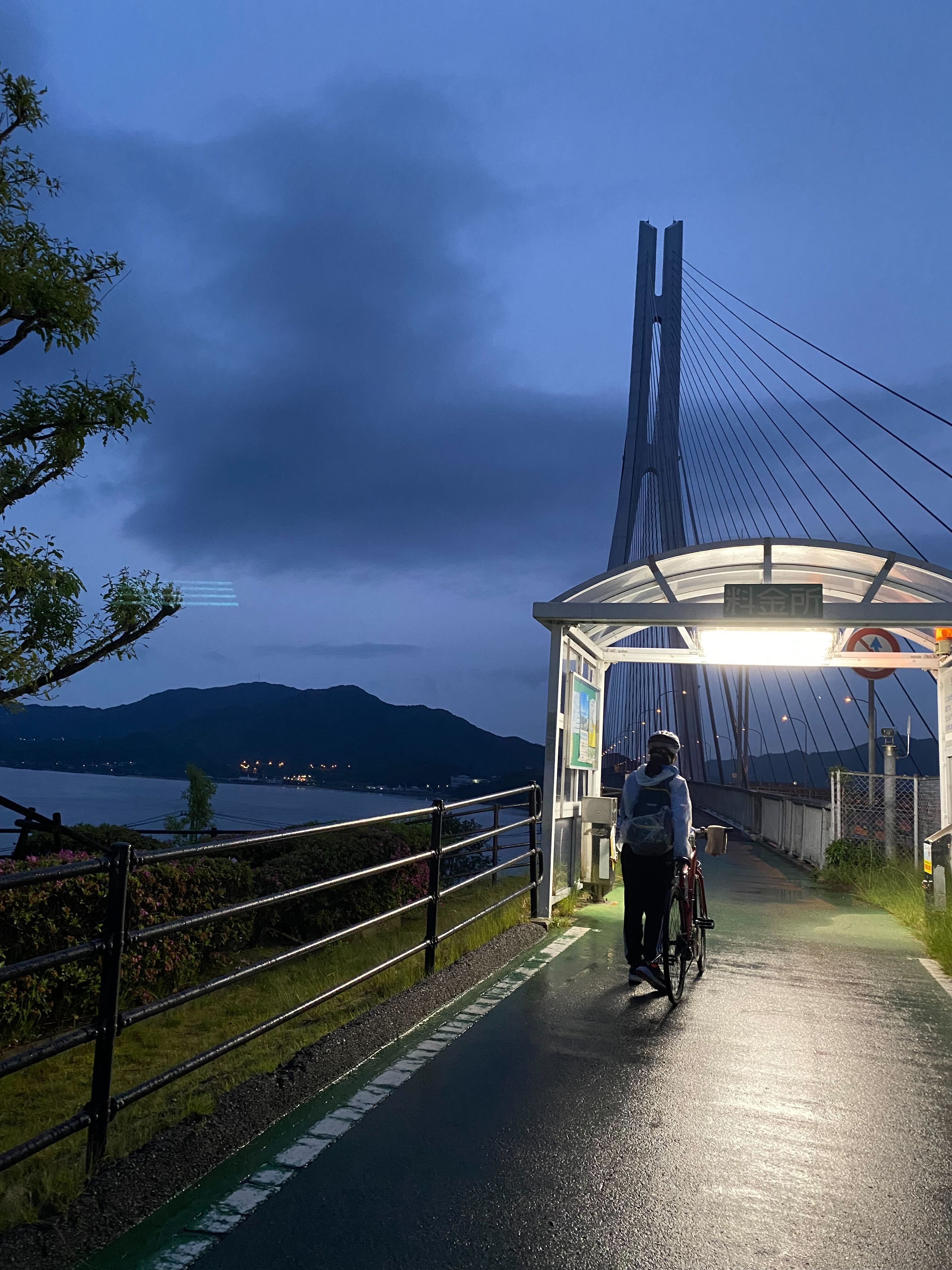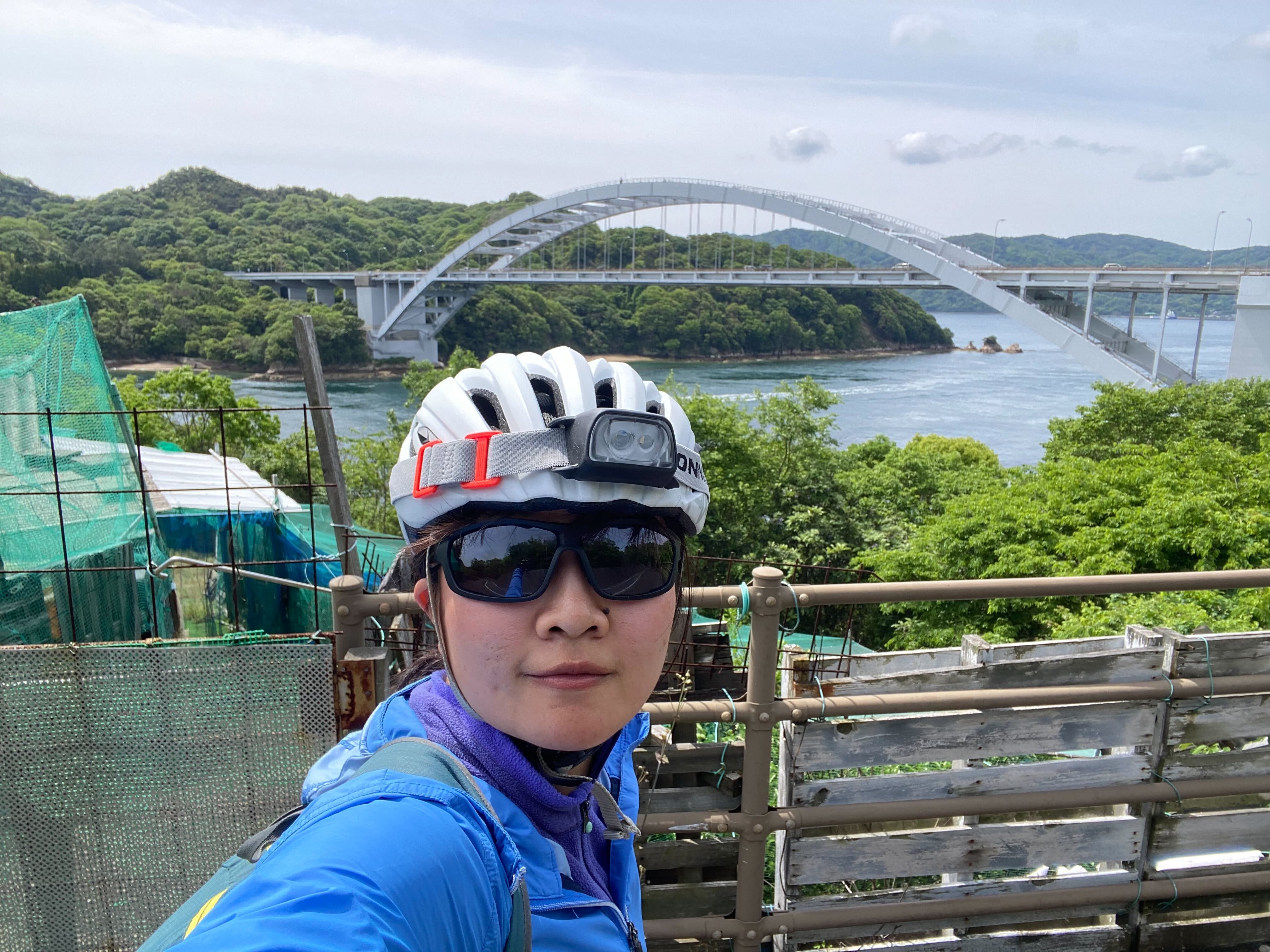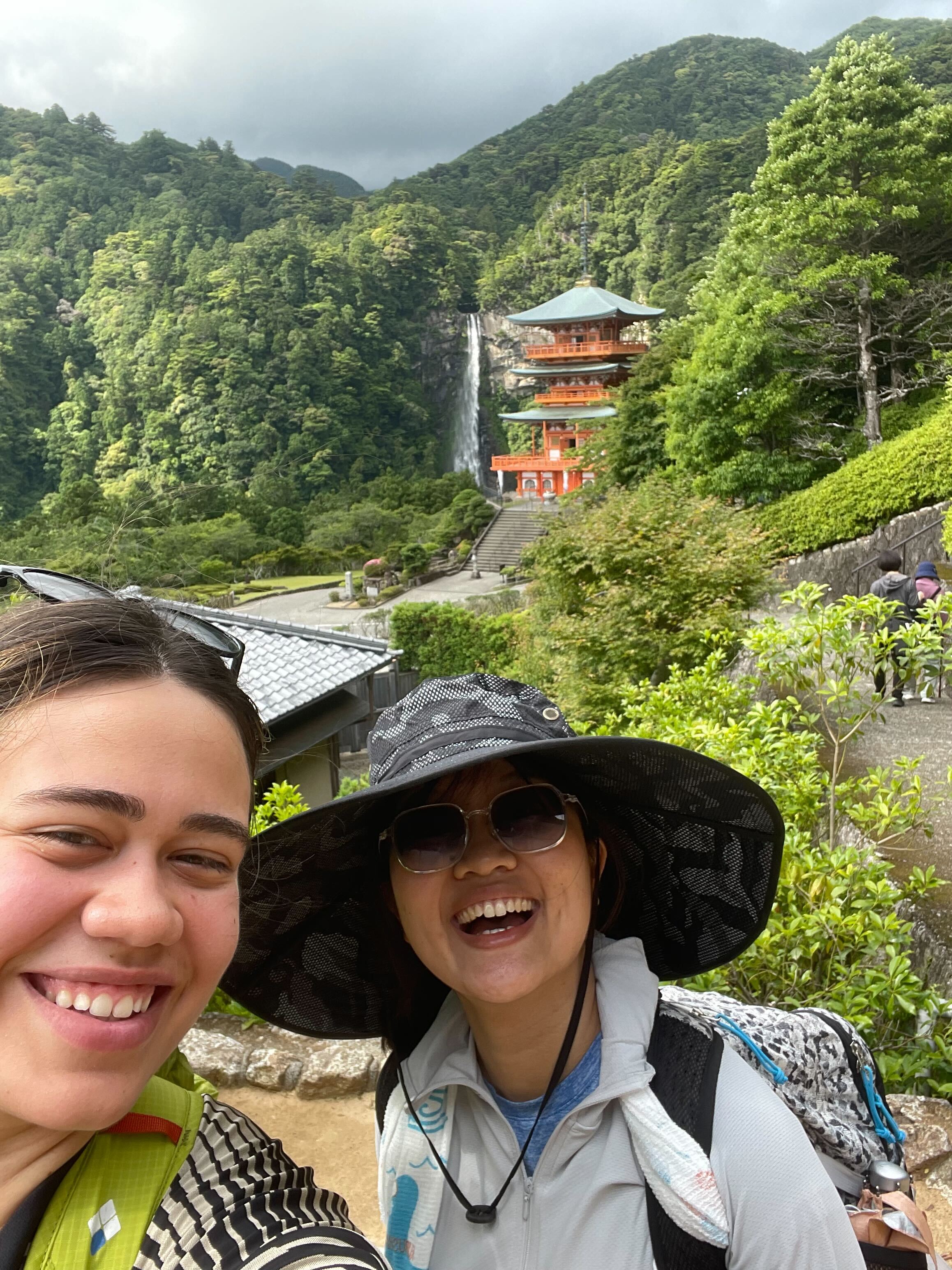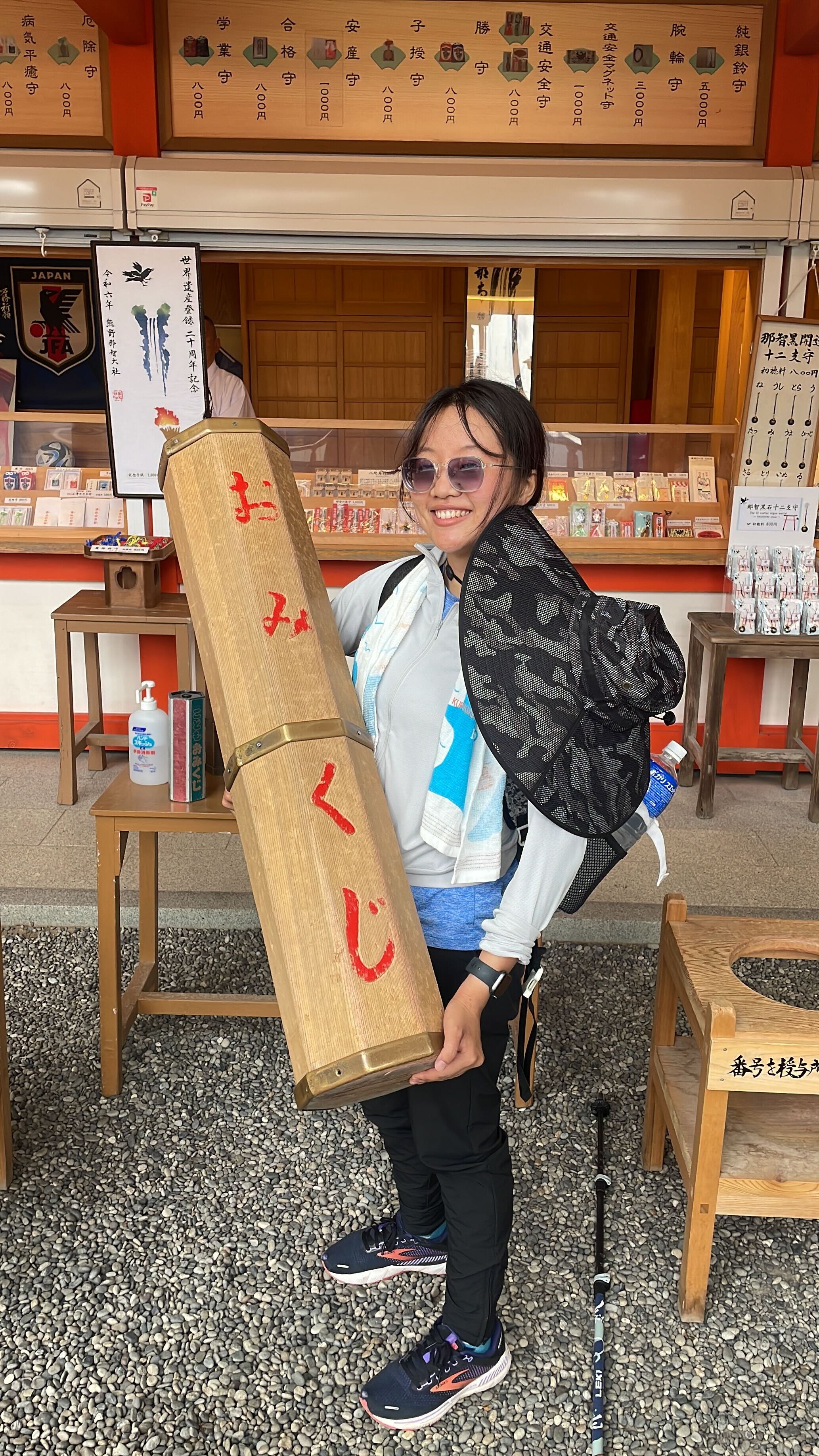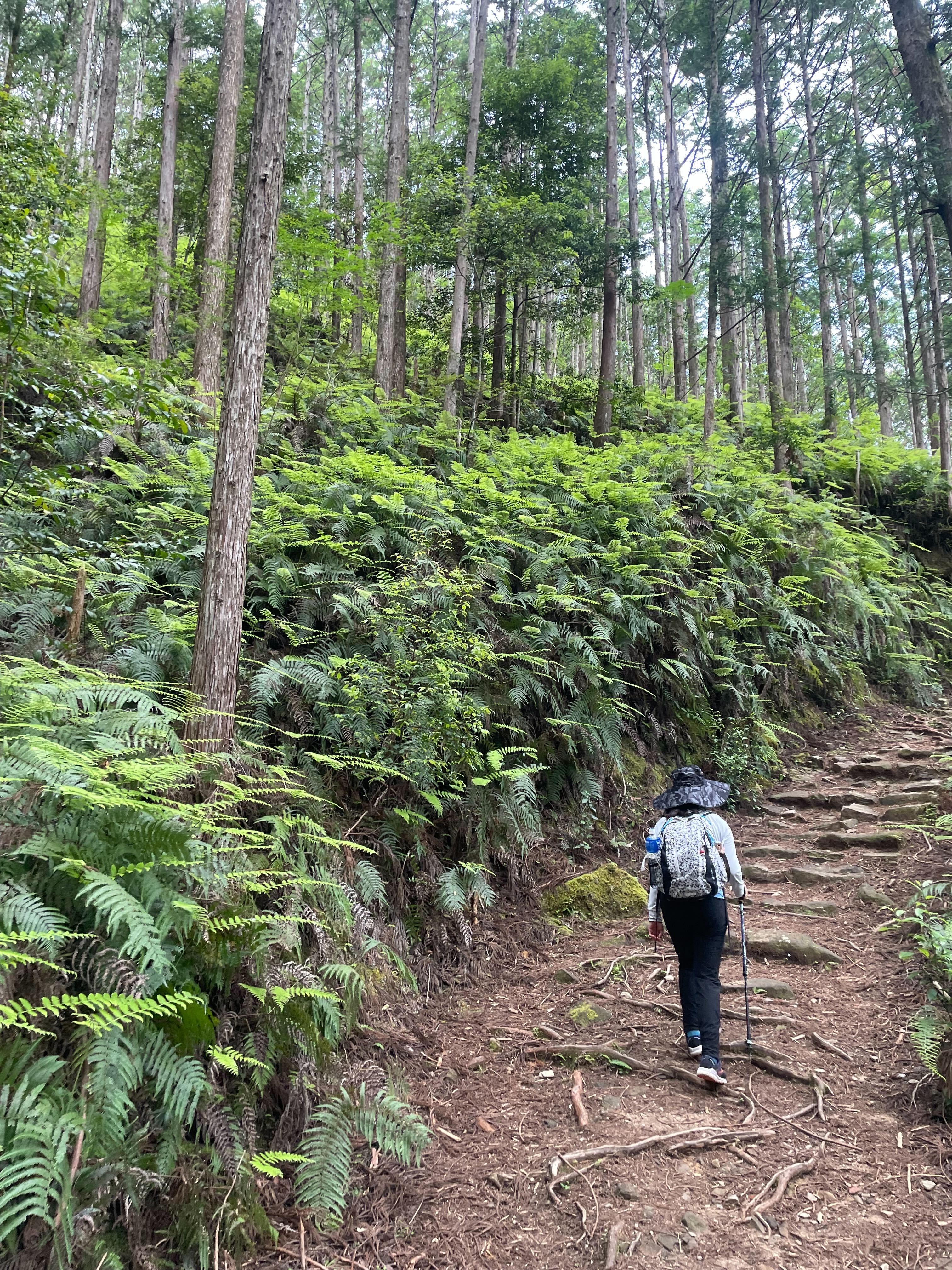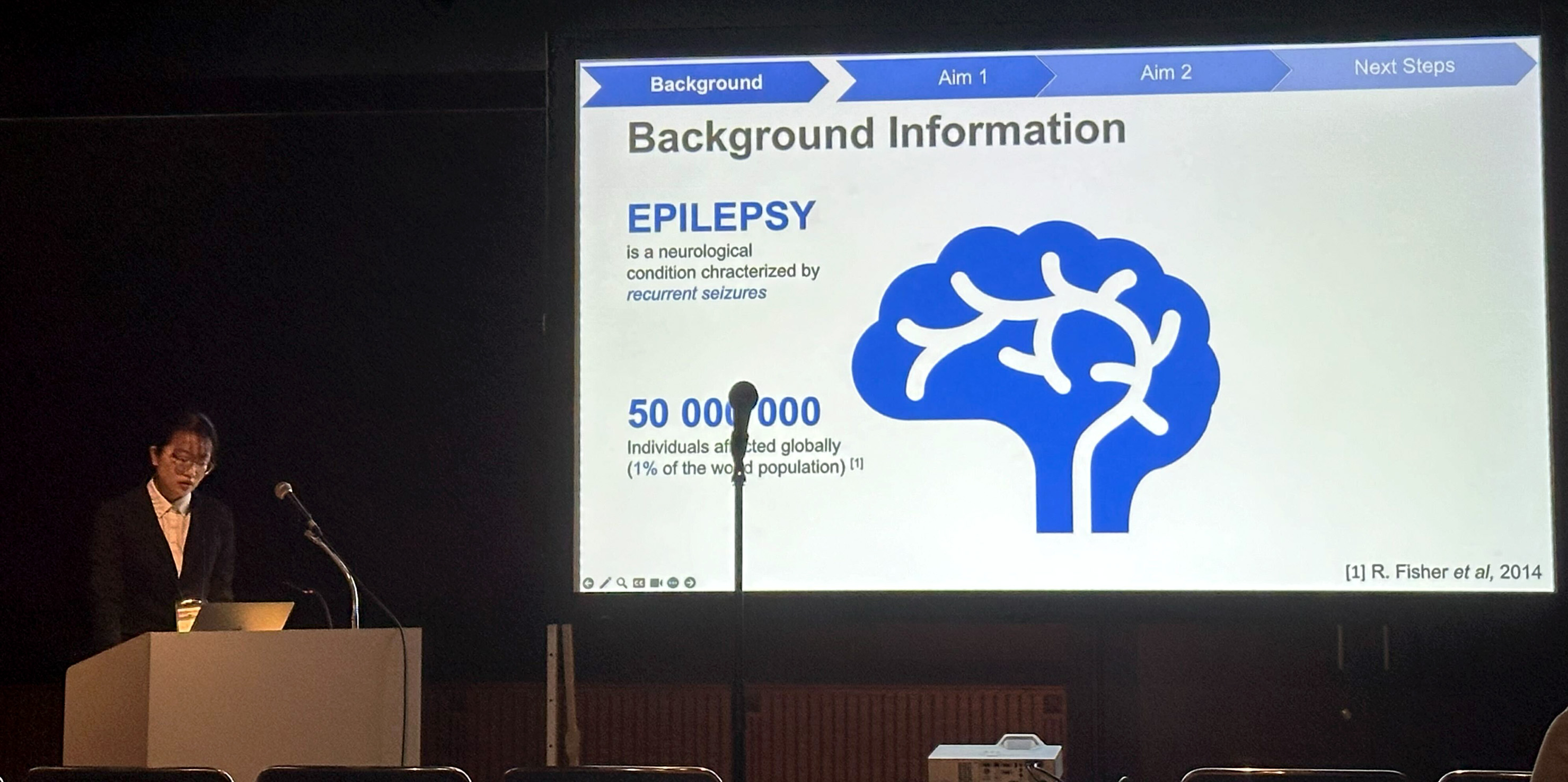
Presenting research in Japan
My Fulbright Story

Presenting research in Japan
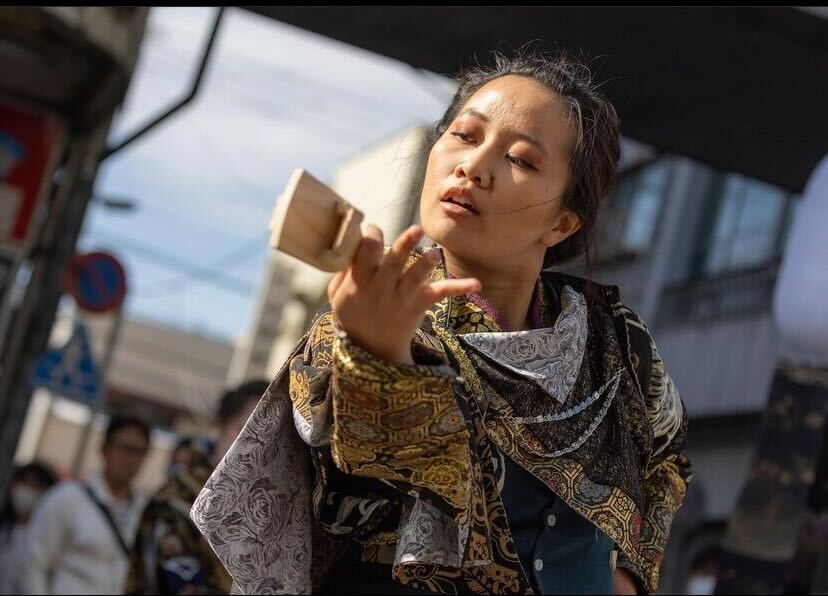

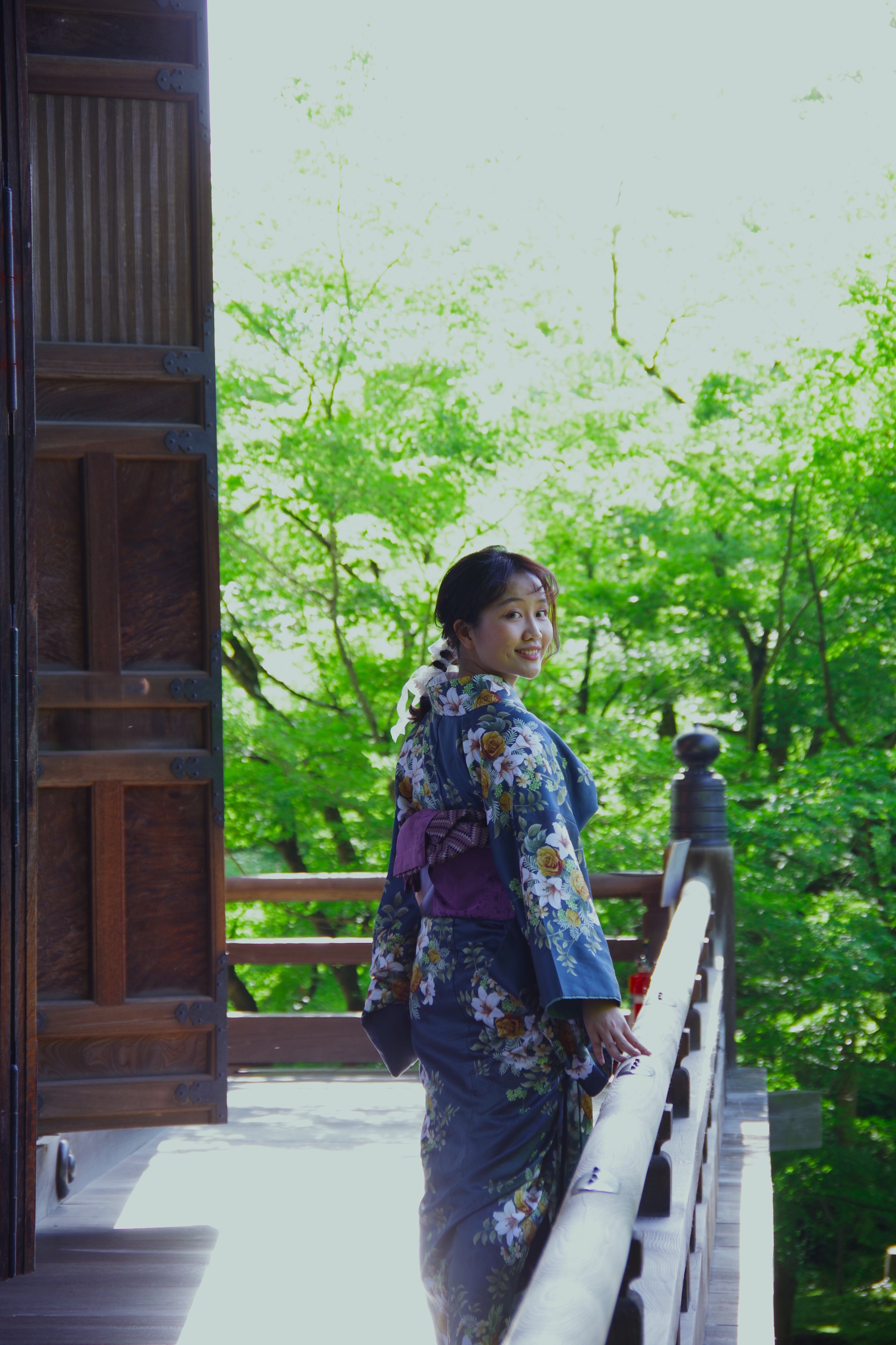
When Ms. Connie Chang-Chien applied for the Fulbright Program to Japan, she was a BS student in molecular and cellular biology at Johns Hopkins University, researching epileptic seizures. As someone diagnosed with epilepsy in high school, her project at Nagoya University on epileptic seizure prediction using deep learning wasn't just an academic pursuit but also a personal one.
Her research focused on using echocardiography signals instead of traditional electroencephalographic measurements to make seizure detection more accessible through commonplace electronic devices such as smartwatches. “The overarching goal is to create something that could work 24/7 for any person to track incoming seizures,” explains Ms. Chang-Chien. “I want the 50 million people worldwide who have epilepsy to live their normal lives and not feel trapped by their condition.”
Ms. Chang-Chien's journey to Fulbright began during an online summer program teaching Japanese high school students, where she met a previous Fulbright recipient. Inspired by his experience, she committed to preparing herself, taking four years of Japanese language courses during her undergraduate studies at Johns Hopkins University. This preparation, combined with her computational research background, set the foundation for her successful application.
The academic environment at Nagoya University proved to be both welcoming and collaborative. “My PI was actually very nice in that he was able to understand English pretty well, since he had his own research experience abroad for a year. We often worked in both Japanese and English and I would ask for clarification when needed; he was very kind about it,” recalls Ms. Chang-Chien. The lab fostered a strong sense of community, with members supporting each other despite working on different projects.
Notably, her mentor facilitated connections with Japanese professionals in the field, leading to presentations at four conferences across Japan and the United States and a productive networking.
Living in Nagoya, Japan's fourth-largest city, offered Ms. Chang-Chien unique advantages. With lower living expenses than Tokyo and excellent means of public transportation, she seized the opportunity to explore the country extensively. “I really loved the location of Nagoya because it’s in central Japan,” she says. Taking advantage of Japan's efficient rail system, she managed to visit 20 of Japan's 47 prefectures, from Hokkaido in the north to Kagoshima in the south.
These travels led Ms. Chang-Chien to form memorable experiences that forged unexpected connections. She recalls hiking with an older woman who shared her flashlight during a New Year's mountain climb. “We still keep in contact, and she sends me videos of the band she participates in,” reminisces Ms. Chang-Chien. “It's just amazing because once you get to know people in Japan, they become lifelong friends or people you keep talking to for a long time.”
The Fulbright experience transformed Ms. Chang-Chien's perspective on work-life balance. Now a medical student at UC San Francisco, she applies lessons learned from observing how Japanese peers balance dedication to their work with personal pursuits and hobbies. “I saw so many of my friends just traveling, going hiking, trying to get outside of their comfort zone when they were not working or at school. I honestly think I’ll carry that for the rest of my life,” shares Ms. Chang-Chien.
For aspiring Fulbright applicants, especially those in STEM fields, Ms. Chang-Chien emphasizes the importance of demonstrating mutual benefit. “I feel like the first step is establishing why you want to do your research in Japan,” she advises. She also encourages applicants to not be deterred by language barriers, noting how her mentors and colleagues always supported her when necessary and that everyone in her cohort had different levels of Japanese language skills. “Be willing to step out of your comfort zone and also know where your place is if you do your Fulbright in Japan, as you will act as a representative for your home country,” concludes Ms. Chang-Chien.
